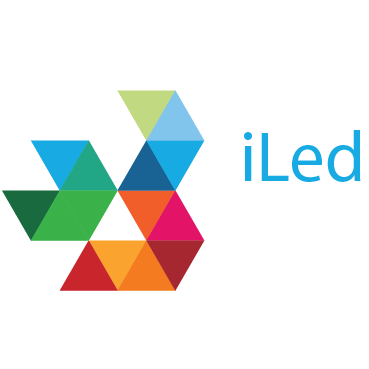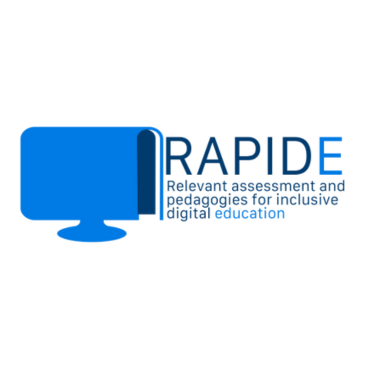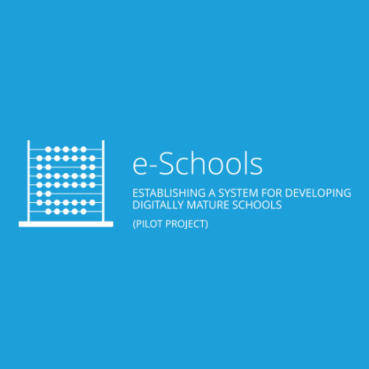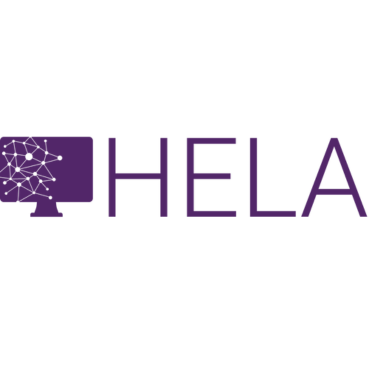Paragraph
- Chatti, M. A., Muslim, A., Guesmi, M., Richtscheid, F., Nasimi, D., Shahin, A., & Damera, R. (2020). How to Design Effective Learning Analytics Indicators? A Human-Centered Design Approach (pp. 303–317). https://doi.org/10.1007/978-3-030-57717-9_22
- Divjak, B., & Maretić, M. (2017). Learning Analytics for Peer-assessment. Journal of Information and Organizational Sciences, 41(1), 21–34. https://doi.org/10.31341/jios.41.1.2
- Divjak, B., Grabar, D., Svetec, B., & Vondra, P. (2022). Balanced Learning Design Planning: Concept and Tool. Journal of Information and Organizational Sciences, 46(2). https://doi.org/10.31341/jios.46.2.6
- Divjak, B., Svetec, B., & Horvat, D. (2023a). Learning analytics dashboards: What do students actually ask for? LAK23: 13th International Learning Analytics and Knowledge Conference, 44–56. https://doi.org/10.1145/3576050.3576141
- Divjak, B., Svetec, B., Horvat, D., & Kadoić, N. (2023b). Assessment validity and learning analytics as prerequisites for ensuring student‐centred learning design. British Journal of Educational Technology, 54(1), 313–334. https://doi.org/10.1111/bjet.13290
- Rienties B., Nguyen Q., Holmes W., et al. (2017) A review of ten years of implementation and research in aligning learning design with learning analytics at the Open University UK. Interaction Design and Architecture(s) Journal, 33, 134-154
- Society for Learning Analytics Research. (n.d.). What is learning analytics? Retreived on 7 April 2022 from https://www.solaresearch.org/about/what-is-learning-analytics/
- Tsai, Y.-S., Moreno-Marcos, P. M., Jivet, I., Scheffel, M., Tammets, K., Kollom, K., & Gašević, D. (2018). The SHEILA Framework: Informing Institutional Strategies and Policy Processes of Learning Analytics. Journal of Learning Analytics, 5(3). https://doi.org/10.18608/jla.2018.53.2
- Yan, L., Zhao, L., Gasevic, D., & Martinez-Maldonado, R. (2022). Scalability, Sustainability, and Ethicality of Multimodal Learning Analytics. LAK22: 12th International Learning Analytics and Knowledge Conference, 13–23. https://doi.org/10.1145/3506860.3506862













